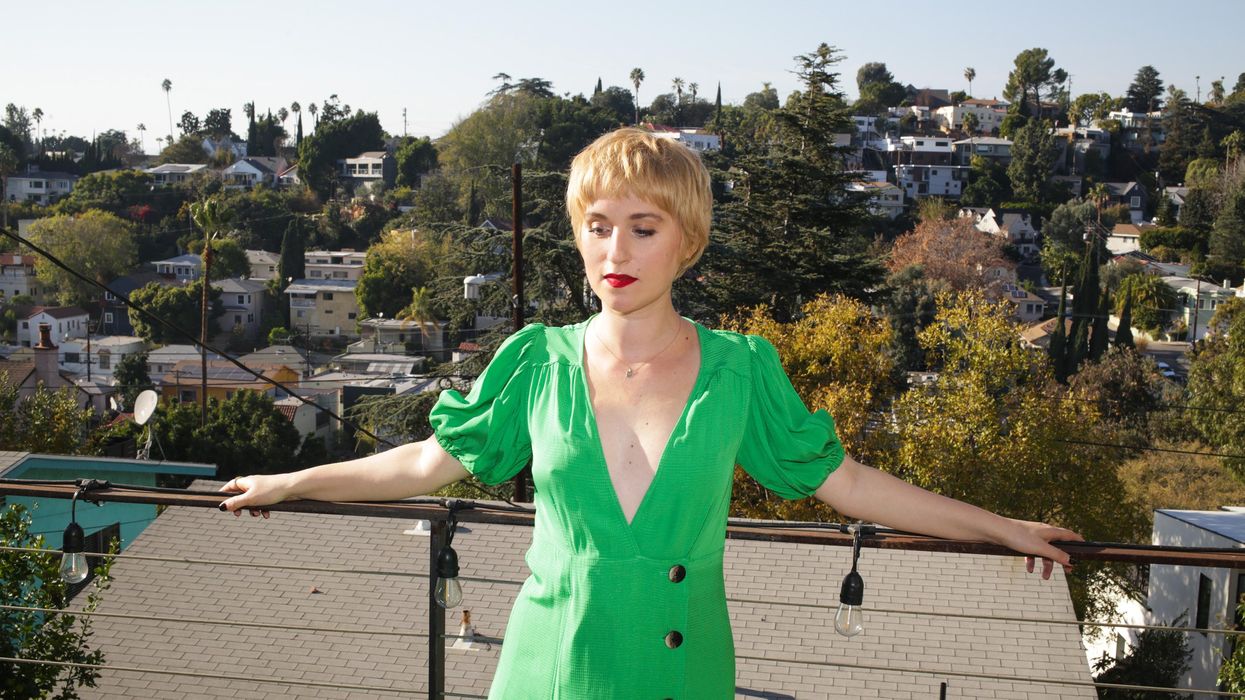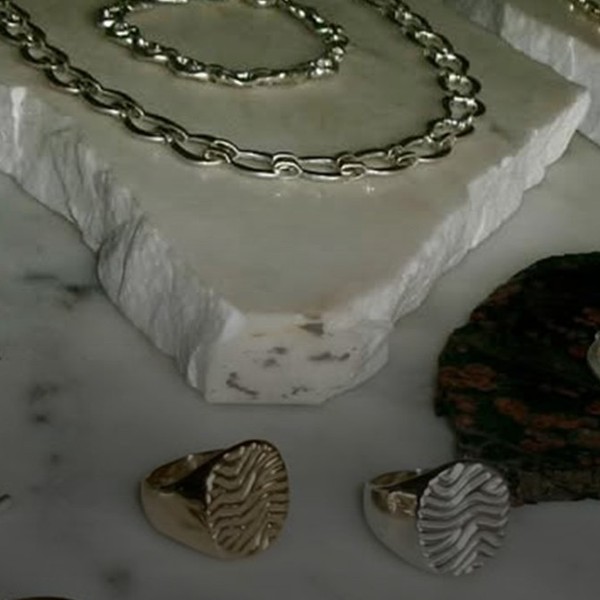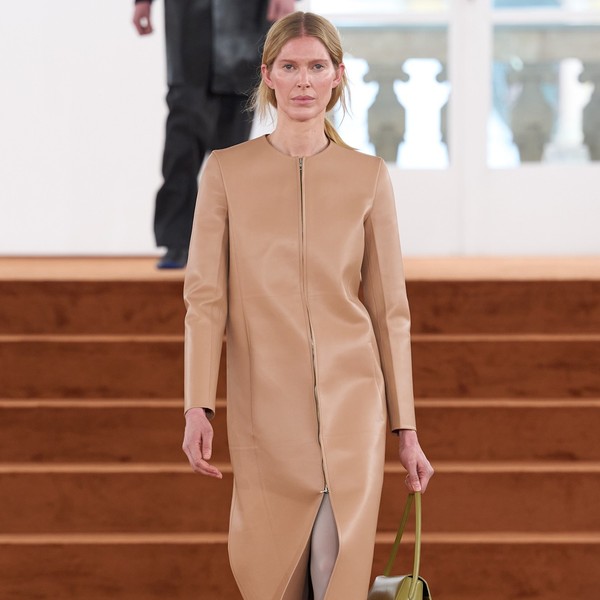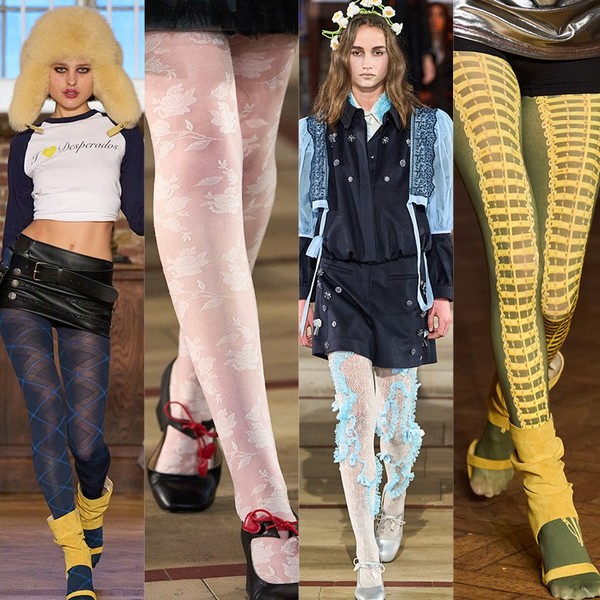I Wanted to Live In NYC Forever
I thought I was a lifer, but a move to Los Angeles changed my life.

Welcome to Expectation vs Reality—a monthly column from writer Gabrielle Korn about the lifelong process of realigning what you expect with what you experience, and what we can all learn from the bumps along the way.
I grew up an hour outside of New York City. As soon as I was allowed to, I spent weekends taking the LIRR to Penn Station, catching indie rock shows at record stores that are now condos and shopping at thrift stores that are now H&Ms, probably. Following my heart, I moved to the city at 18. For fourteen years I lived around Manhattan and Queens and North Brooklyn and South Brooklyn, could navigate the subway with my eyes closed, felt high off of the constant oh my god, hi how are you of running into acquaintances almost everywhere I went, as though the city was just one inch big. I felt, as so many do, that the city was somehow mine, or I was the city's. Either way, something or someone was being possessed.
None of this felt like a choice—this was my life, wasn't it? Where else could I possibly live? I was a Jewish lesbian who worked in media, and I did not drive (not anymore—my licensed expired, and then I lost it in the shuffle of one move or another).
Even when everything was as good as it was ever going to be, in hindsight, life in the city was always kind of bittersweet. I'm thinking in particular of 2019; I was two years into my job as the editor-in-chief of Nylon Magazine, a role I figured I could stay in for the next five to ten years. (A foolish thing to think, given what media is, but everything was going so well, and the work felt meaningful, and I guess more than that, it made me feel like I—in a sea of millions of people trying to make it—mattered.)
Wallace, my then-girlfriend (now wife) had just moved into my one-bedroom in Bed-Stuy, and we'd quickly realized it was not big enough for the two of us and our two dogs. Every inch of the apartment needed to be used. There was nowhere really to be except on top of each other, and while that was great a lot of the time, it wasn't practical for living our lives. But when we started looking for a new place to live, we couldn't find one. Everything even slightly bigger in the same neighborhood was at least twice the cost. We knew we were part of The Problem—the neighborhood was rapidly gentrifying, and we'd been part of that wave—but regardless, we were now priced out.
Romantic comedies had taught me that as a magazine editor I should easily be able to afford a fabulous apartment. I started to look at my neighbors suspiciously: who are you that you can afford this? Who is helping you?
The search got so dire that at one point we considered an apartment in Fort Greene because it was rent controlled, despite the information that legally had to be disclosed to us, which was that the tenants were leaving because they'd gotten bedbugs—twice.
So we widened our search, and eventually found a two bedroom in South Brooklyn that checked all the boxes. We weren't familiar with the area. It was far from almost everyone we knew. In Bed-Stuy, almost all my friends lived in a four block radius around my apartment. But it would be okay, we thought, because she had a car, and we had each other.
We were only in that apartment for maybe a month before Nylon was acquired, my dream of staying in that job for many years immediately shattered, and I quit, starting over as a fashion director somewhere else. And then, barely four months later, the pandemic started. I'm not sure what we would have done if we'd stayed in Bed-Stuy during the quarantined months. At least in the new place I could work in the second bedroom while Wallace could be in the living room/dining room area, which was cramped but still felt like a privilege, and of course it was—I watched my colleagues on Zoom as their toddlers climbed all over them during meetings, their partners working in the background. At least I could close the door.
And then—as I was growing more and more disillusioned with being a fashion director (more on that another time, probably)—a tech company descended from the heavens and offered me a new job. It was an incredible opportunity for a lot more money than I honestly ever let myself dream of making. The catch was that we'd eventually need to move to LA. I put it off for a year, miserably working West Coast hours, and then our lease was up.
There is a certain type of die-hard New Yorker who loves to make fun of the person who leaves for Los Angeles; Joan Didioning, the verb. Goodbye to all that, etcetera. The people who needed something more than the city could give, which in turn meant they were soft and boring. I was guilty of turning my nose up at them, too. I couldn't imagine ever wanting anything else, but also couldn't imagine what it might feel like to not be exhausted and broke and cramped. Didion said it best: “I talk about how difficult it would be for us to ‘afford’ to live in New York right now, about how much ‘space’ we need. All I mean is that I was very young in New York, and that at some point the golden rhythm was broken, and I am not that young anymore.”
Like her, I was young in New York, and then I wasn't that young, but I was still there and I still really loved it, at least, I loved a version of it that maybe existed only in my mind—the truth was that all my favorite places were closing, most of my friends were fleeing, and it had been a year since I left the job that felt like it was my main source of meaning. Perhaps the golden rhythm was broken. Perhaps it always breaks for people in this way—I'd wanted to blame the pandemic, but the city is always undergoing changes, and this time I wasn't changing with it. Perhaps this happens to everyone who has left, and everyone always feels as though it is uniquely happening to them.
We felt we needed to ease out of Brooklyn, to find a neighborhood with a familiar energy, and our new realtor directed us to Silver Lake, a place so teeming with other ex-New Yorkers that living here is a bit of a cliche, but it's also so beautiful, more beautiful than anywhere I ever thought I'd live; hot pink bougainvillea growing wild against the bright blue sky, mountains in the distance, that sort of thing. We found a little house that was the same square footage as our Brooklyn apartment, but it was a house! My tech salary meant we could afford to live in it. We painted the living room pink, the kitchen green, and spent probably too much money turning the jungle-like garden into a tiny paradise. There was even a guest room that had a separate entrance, and I turned it into my office. Heaven. As we moved in, I joked: "If I ever get fired, we can just put my office on Airbnb."
One major difference I immediately noticed between the people where I'm from and the people here is how welcoming they seemed; people we'd only met in passing or through the internet starting inviting us over for dinner, like over to their homes. Hard to describe what a vibe shift that is if you haven't lived in New York, where only my absolute top tier friends ever saw the inside of my apartments, and vice versa. It's not like that here; perhaps because people have more space with which to entertain, or perhaps because people understand how isolating it can be to move here from NYC; to go from being surrounded by people all the time to watching the hummingbirds and spotting coyotes. I sensed that if you don't put effort into having a social life, you really can just disappear into the void, and no one would notice.
I made it almost a year before I lost the job that brought me to LA. I'd never been laid off before, though I'd certainly left jobs, and I couldn't stop repeating a story about it to myself and others: I moved across the country for a job I then lost. I'd left my family and friends and favorite places and my routines for something that fell apart, and now I was stranded.
But also—because I'd spent two years in tech, and ten years in editorial, I had a really solid network in place, which meant that I could easily start freelancing. And as my own prophecy foretold, I did end up putting my office on Airbnb (love to be a little bit psychic). Because we got a house in such a desirable neighborhood, there's a steady flow of guests. Between freelancing and hosting, I'm certainly not making anywhere near what I was making at my last job, but I don't really need that kind of money to be happy (I mean, if anyone wants to give it to me, I'll take it, but, you know. I'm ok without it, too). And anyway, things have been going well enough that we decided to start inviting writers and artists to stay in the guest unit for free for a few nights every month, a little mini residency for people who can't afford to leave their lives for weeks at a time. Setting that up has felt meaningful, as has working for myself. It's a totally new way of existing in the world, and it's not something I could have done in New York. Sometimes, when people ask me what I'm up to these days, I just tell them I'm an innkeeper. It's not not true.
So the I moved across the country for a job I'd then lost is really only one way of looking at things. The other way is: My time in NYC had expired, and a job with relocation benefits came along at the perfect time. It afforded me the immense privilege of buying a house in a nice neighborhood, and now I get to be here, even without that job.
I get to be here. Here, in LA, a place where you can actually live off of freelance work, where I can take calls in the morning and then run around the reservoir and make a big salad with gorgeous produce and then clean the Airbnb for the next guest and then write an essay and go to bed early and still pay my bills.
I’ve been back to the city a few times since leaving, and it already feels strange. Was everyone always so young? Where do they all live, and how? I often joke that I'd only move back as a billionaire—not because I believe anyone should be a billionaire, but because I would like to maintain my current lifestyle, and I just don't think you can have that in the city without an unending supply of money. It's amazing how quickly I've gotten used to having nice things. I still feel like the new kid—I'm still trying to find my people, still struggling to understand why the freeways are so scary, still missing home a lot—but it's December and it's warm enough to walk outside in a t-shirt, and we just picked a bunch of lemons from the backyard, and over Thanksgiving we drove out to the desert with my sister and her husband and I got to show off how amazing it is to live in a city that's driving distance from the most absurdly gorgeous nature you've ever seen in your life. People keep telling me it takes three years to understand why LA is great. It's been a year and a half, and I think I already get it. But who knows. Maybe it's great in ways that I can't even possibly understand yet.
And I guess now that I'm here, living this life, I should probably re-learn how to drive.




